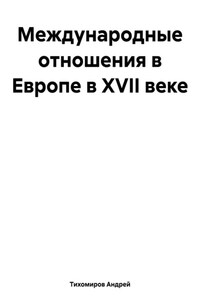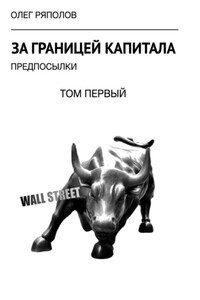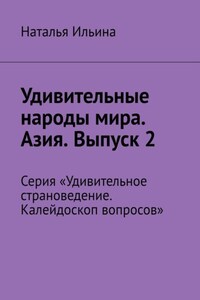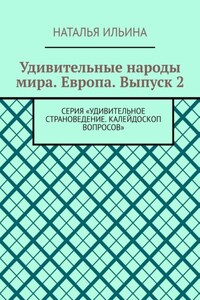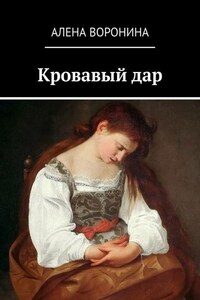Vissarion Grigorievich Belinsky was born on June 1 (13), 1811 in the city of Sveaborg (Finland, then part of the Russian Empire), where his father served as a naval doctor. His childhood was spent in the town of Chembar (since 1948, the town of Belinsky) of the Penza province, where his father was a county physician. Since childhood, Belinsky has known the need that haunted him throughout his life. After studying at the Chembarsky district school (1822-1825) and the Penza gymnasium (1825-1829), he entered the Moscow University for the verbal department. At the university, a philosophical and political circle of students united around themselves, called the "Literary Society of the 11th number"; the members of the circle discussed socio-political and literary issues. In 1832, he was expelled from the university for his drama "Dmitry Kalinin", in which he sharply criticized serfdom and demanded its destruction. Since 1833 he acted as a literary critic in magazines, was a regular employee of the magazine "Telescope" and the newspaper "Rumor" published as an appendix to it, closed in 1836 by the tsarist government. In 1834 his article "Literary Dreams" was published in "Rumor", which attracted the attention of modern society. The first critical articles of Belinsky were highly appreciated by A. S. Pushkin and other Russian democratic writers of that time. In 1838-1839. Belinsky edited the Moscow Observer magazine. At the end of 1839 he moved to St. Petersburg, where he began to conduct literary criticism in the magazine "Otechestvennye Zapiski", which he created a great success. Having parted ways with the publisher of "Domestic Notes" A. A. Kraevsky in 1846, he moved to the magazine "Sovremennik", edited by N. A. Nekrasov, where he worked until the end of his life. The years of work in "Domestic Notes" and "Sovremennik" are the most mature and fruitful time in Belinsky's life. In the 40s, he closely converged with A. I. Herzen; they were brought together by anti-serfdom, revolutionary beliefs and the struggle against reactionary ideology. Belinsky was closely associated with prominent figures of Russian culture of that era – I. S. Turgenev, M. S. Shchepkin, A.V. Koltsov, had a great influence on the literary work of N. A. Nekrasov, M. E. Saltykov-Shchedrin, T. G. Shevchenko and other democratic writers. On July 3, 1847, shortly before his death, while abroad (in Paris, France, in Salzbrunn, Germany) for treatment, he wrote the famous "Letter to Gogol", which was actually his political testament. Belinsky's life ended early: he died of pulmonary tuberculosis on May 26 (June 7), 1848 in St. Petersburg; he was buried at the Volkov Cemetery, on the "Literary Bridges".
V. G. BELINSKY
Portrait of the artist Kirill Antonovich Gorbunov (1822-1893) – Russian portrait painter. He came from serfs, was released in 1841 due to the efforts of K. P. Bryullov, V. A. Zhukovsky, M. F. Orlov. K. A. Gorbunov was in close relations with many prominent figures of Russian culture, especially with his countryman V. G. Belinsky, who had a decisive influence on the views of the young artist. He became very famous for portraits executed in the 30-40s from nature (oil painting, watercolor, drawing, lithography) by M. Y. Lermontov, V. G. Belinsky, A. I. Herzen, M. S. Shchepkina, A.V. Koltsov, T. N. Granovsky, etc.
At that time, on the basis of the crisis of the ruling landlord-serf system and the beginning of the development of capitalism, spontaneous protest and indignation of peasants against serfdom increased, the class struggle of peasants against landlords intensified, the liberation movement against autocracy and serfdom developed. Along with the noble revolutionaries who prevailed in the liberation movement during this period, revolutionaries from different backgrounds began to play an increasingly important role in it, especially in the 40s of the 19th century. Belinsky actually became the banner of the new social forces of that time, opposing not only the serfs, but also the liberals. The Russian revolutionary democrats, led by Belinsky, defending the interests of the common people, were looking for ways and means of destroying serfdom, liberating the peasants; they sought to develop a theory that would help indicate ways to change the surrounding reality.
Belinsky closely followed the course of public life in Western Europe, warmly sympathized with the speeches of workers, artisans, urban poor of Western European countries, theoretically comprehended and generalized the experience of the revolutionary movement in the West. His worldview was formed in the struggle against the reactionary serf ideology, which found its embodiment in the theory of official nationality, against Slavophilism and the liberal ideology of Westerners. Russian Russian liberation movement and Russian materialist philosophy traditions, coming from the founders of Russian materialism – Lomonosov and Radishchev, were of paramount importance in the formation of his political views. He critically summarized the achievements of the advanced trends of Western European philosophical and socio-political thought (French enlighteners and materialists of the 18th century, Utopian socialists, Feuerbach). Critically assimilating and revising the dialectical method developed by German idealist philosophy, he mercilessly criticized the theories of Western European idealists (German idealism, O. Comte's positivism, etc.). In the 30s of the 19th century, Belinsky was a public educator, believed that the liberation of peasants from serfdom and the welfare of the people could be achieved by spreading enlightenment and the introduction of public education in Russia. In his works, he criticized the serfdom backwardness of Russia, called for the development of a new, advanced civilization in Russia, demanded the creation of industry in Russia, the construction of canals and railways. Revealing how great is the gap between the masses of the people, plunged into captivity, deprived of elementary human rights, uneducated society, Belinsky demanded the spread of education among the masses of the people, the creation of truly folk literature in Russia.
The world, according to Belinsky, is in constant motion and development. Nature is a process of endless development, the destruction of the old and the emergence of the new. But, being an idealist in philosophy, he considered the eternal and absolute idea to be the basis, the source of this constant and endless development. "For this idea," he wrote, "there is no rest: it lives incessantly, that is, it creates incessantly in order to destroy, and destroys in order to create. She is embodied in a brilliant sun, in a magnificent planet, in a prodigal comet; she lives and breathes – both in the stormy tides of the seas, and in the fierce hurricane of deserts, and in the rustle of leaves, and in the murmur of a stream, and in the roar of a lion, and in the tear of a baby, and in the smile of beauty, and in the will of man, and in the slender creatures of genius…" (Belinsky V.G. Collected works in 3 volumes, vol. 1, 1948. p. 17). With the help of dialectics, he sought to theoretically substantiate the regularity of the endless progress of social life and the denial of old forms of life, the need to achieve the general welfare of members of society.

